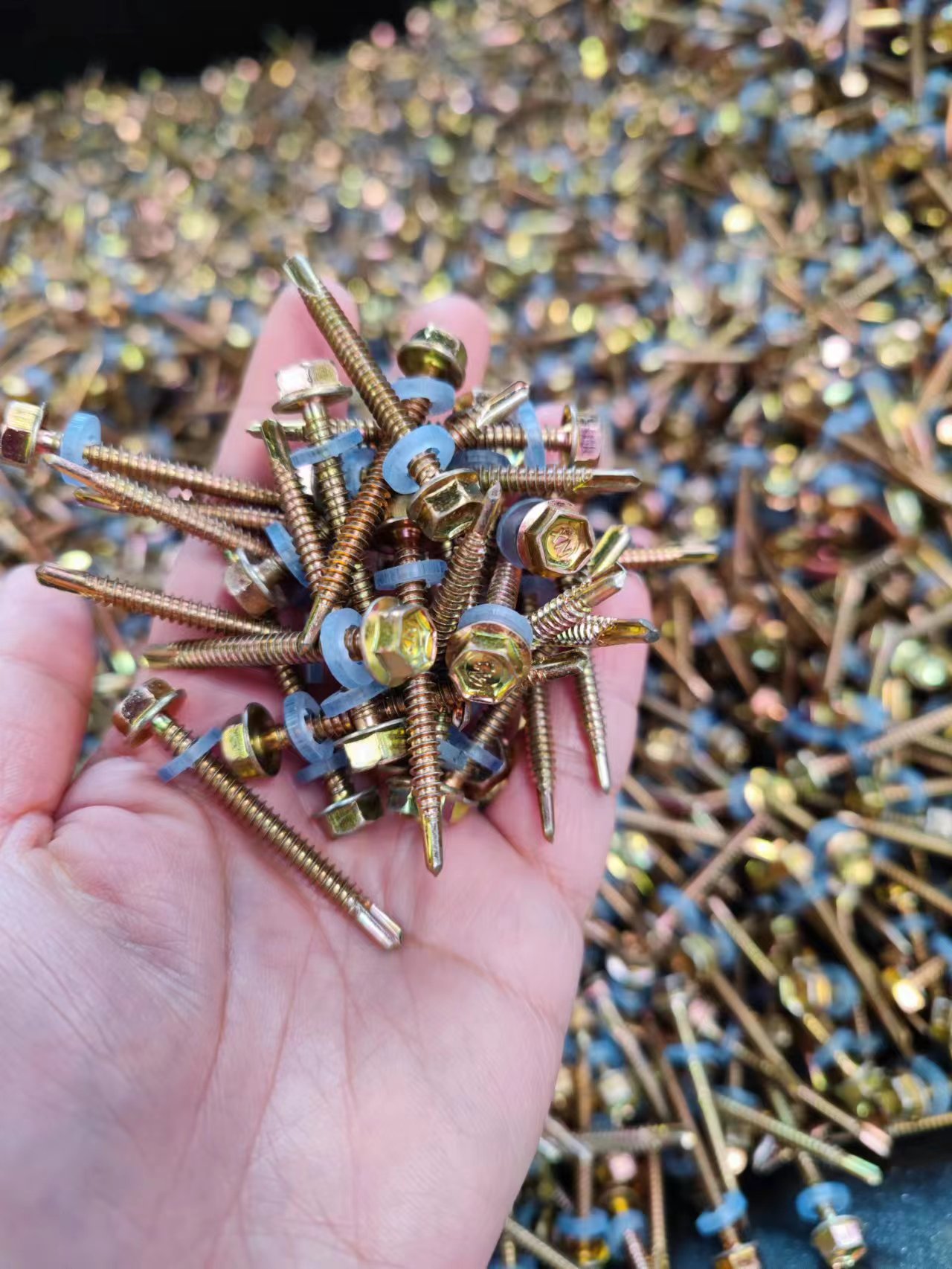split washer vs flat washer products
Split Washer vs. Flat Washer Understanding the Differences and Applications
When it comes to fastening applications in construction, automotive, machinery, and various DIY projects, choosing the right type of washer is crucial for ensuring durability, stability, and performance. Two common types of washers are split washers and flat washers. Although both serve the purpose of distributing load and preventing damage to the material being fastened, they have distinct designs and applications that cater to different needs. In this article, we will delve into the differences, advantages, and typical applications of split washers and flat washers.
What Are Washers?
Washers are flat discs typically made from metal or plastic that are used in conjunction with fasteners like bolts and screws. Their primary functions include distributing the load of the fastener over a larger area, preventing leakage in plumbing applications, and protecting surfaces from wear and damage. While there are various types of washers available, split washers and flat washers are the most commonly used.
Split Washers
Split washers, also known as split lock washers or tooth washers, have a unique design characterized by a coil that is split and twisted. This design allows them to exert tension when a bolt or screw is tightened over them. The split washer is often used in applications where vibration or movement could loosen a fastener over time.
Advantages of Split Washers
1. Locking Mechanism The split design creates a spring effect, which enhances the washer's grip on the fastener and prevents it from loosening due to vibration. This makes split washers ideal for use in machinery, automotive parts, and other applications where movement is likely.
2. Load Distribution Like flat washers, split washers distribute the load exerted by a fastener, reducing the risk of surface damage.
3. Cost-Effective Split washers are relatively inexpensive and provide effective locking solutions without requiring additional mechanisms.
Applications of Split Washers
Split washers are commonly used in applications such as
- Assembly of machinery and engines - Vibration-sensitive environments like automotive parts - Electrical applications where a secure connection is critical - Structural applications requiring reduced loosening risk
split washer vs flat washer products

Flat Washers
Flat washers are plain, circular discs with a hole in the center, designed to be placed under a nut or bolt head. They have a simple design and are particularly effective at distributing load and minimizing the risk of damage to the surface of the material being fastened.
Advantages of Flat Washers
1. Load Distribution Flat washers excel at evenly spreading the load of the fastener, helping to prevent the material from deforming over time.
2. Versatility Available in various materials (steel, plastic, rubber, etc.), flat washers can be used in an array of applications, from household appliances to heavy machinery.
3. Ease of Use The straightforward design of flat washers makes them easy to install and remove, which is particularly beneficial for maintenance and repair work.
Applications of Flat Washers
Flat washers are versatile and can be found in various applications, including
- Construction and building projects - Plumbing and HVAC systems - Electrical connections - General assembly and maintenance work
Choosing the Right Washer
The choice between split washers and flat washers depends primarily on the specific needs of your project. If your application involves vibrations or dynamic loads that could loosen fasteners, split washers may be the better choice due to their locking properties. On the other hand, if you are primarily concerned with load distribution and surface protection, flat washers are generally more suitable.
Conclusion
Understanding the differences between split washers and flat washers is essential for proper fastening applications. Each type offers unique advantages suited to specific tasks, and a thoughtful selection can enhance the performance and longevity of your projects. Whether you are a professional tradesperson or a DIY enthusiast, being able to choose the right washer can make all the difference in the durability and functionality of your work.
-
Top Choices for Plasterboard FixingNewsDec.26,2024
-
The Versatility of Specialty WashersNewsDec.26,2024
-
Secure Your ProjectsNewsDec.26,2024
-
Essential Screws for Chipboard Flooring ProjectsNewsDec.26,2024
-
Choosing the Right Drywall ScrewsNewsDec.26,2024
-
Black Phosphate Screws for Superior PerformanceNewsDec.26,2024
-
The Versatile Choice of Nylon Flat Washers for Your NeedsNewsDec.18,2024










